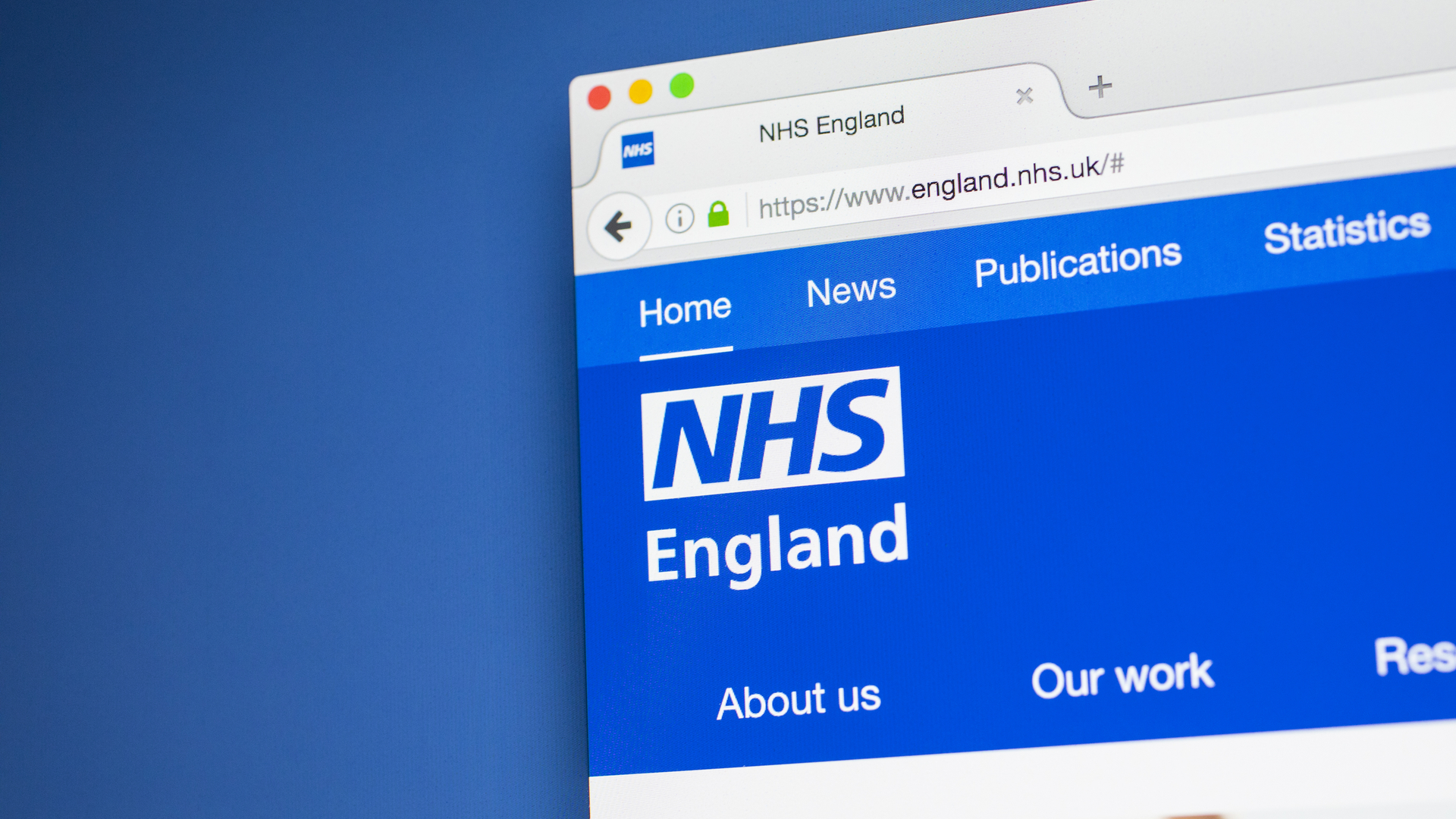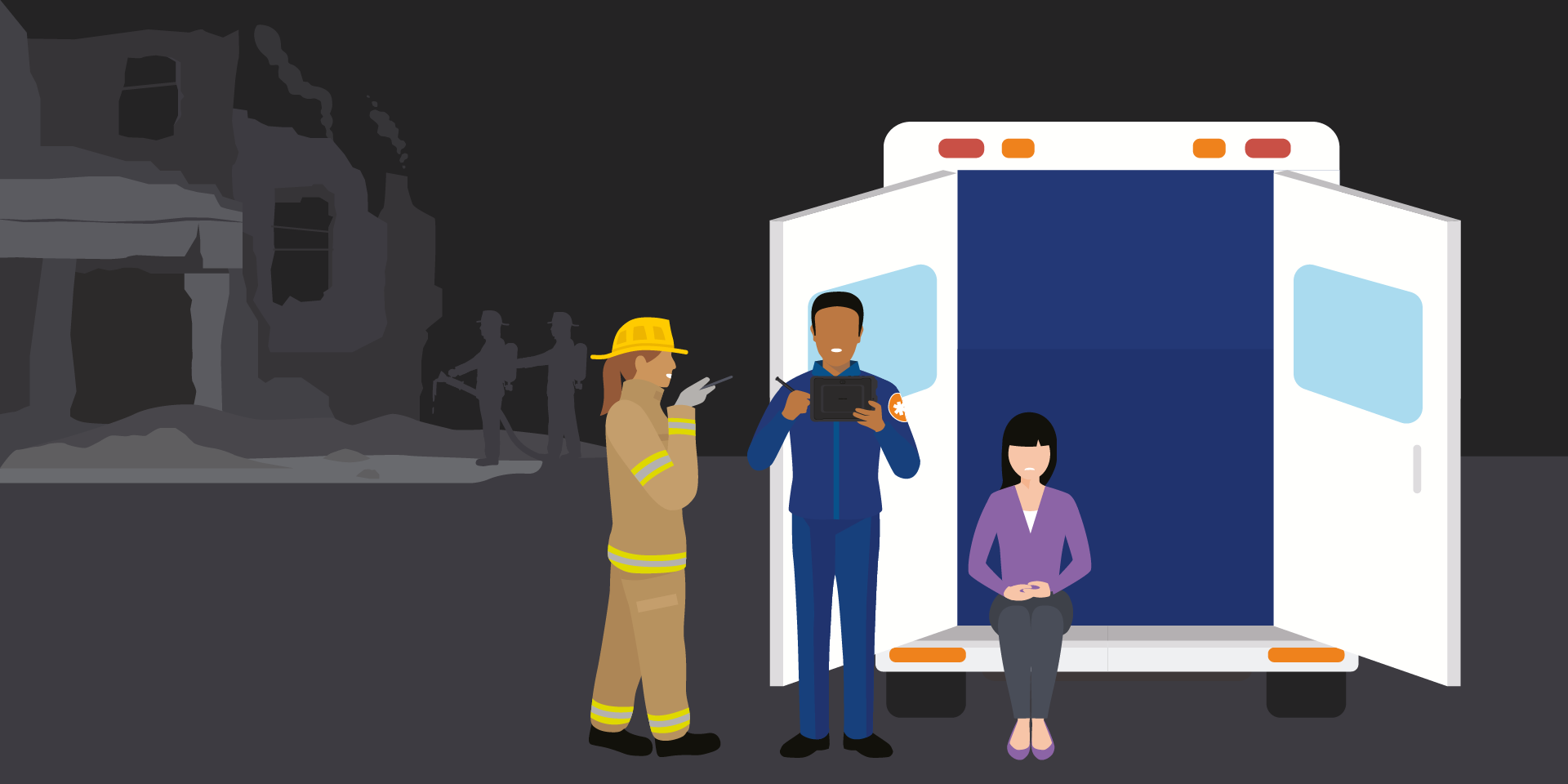NHS Digital delays patient data-sharing plans as millions opt-out
The controversial GPDPR initiative has been put on hold indefinitely amid growing backlash


Sign up today and you will receive a free copy of our Future Focus 2025 report - the leading guidance on AI, cybersecurity and other IT challenges as per 700+ senior executives
You are now subscribed
Your newsletter sign-up was successful
NHS Digital has delayed its plans to share patient data with private companies after more than a million people opted out of the controversial scheme.
The General Practice Data for Planning and Research (GPDPR) initiative, first announced in May, aims to pool pseudonymised medical records on a database that can be shared with academic and commercial third parties for use in future planning and research. This includes information pertaining to a persons’ gender, ethnicity and other information based on GP records.
While NHS Digital insisted that data would not include personally identifiable information, the announcement was met with a backlash from leading healthcare figures and privacy campaigners amid fears that data could be used to lead back to patients.
The British Medical Association and the Doctors Association, for example, said it was worried that the data-sharing agreement would "erode the doctor/patient relationship, leaving patients reluctant to share their problems due to fears of where their data will be shared," while a Labour MP urged the initiative to be shelved over concerns about lack of communication with patients on this issue.
Following a high-profile campaign led by privacy campaigners, 107,429 people opted out of the GPDPR scheme in May, with 1.3 million more following in June, according to The Observer.
RELATED RESOURCE

The ultimate guide to going mobile for fire/emergency medical services
Get your free guide to going mobile for fire services and EMS
In response, NHS Digital has put the programme on hold, and said it will undertake a "listening exercise" before announcing a new start date.
“Patient data is vital to healthcare planning and research. It is being used to develop treatments for cancer, diabetes, long COVID and heart disease, and to plan how NHS services recover from COVID," an NHS Digital spokesperson said.
Sign up today and you will receive a free copy of our Future Focus 2025 report - the leading guidance on AI, cybersecurity and other IT challenges as per 700+ senior executives
“Medical research and planning benefits all of us but is only as good as the data it is based on. The better the quantity and quality of data collected, the more useful it is for researching new treatments or for planning good, sustainable NHS services to meet patients’ needs, so it is vital people make an informed decision about sharing their data.
“We take our responsibility to safeguard data very seriously, and it will only ever be used by organisations that have a legal basis and legitimate need to use it for the benefit of health and care planning and research.
“We have listened to feedback on proposals and will continue working with patients, clinicians, researchers and charities to inform further safeguards, reduce the bureaucratic burden on GPs and step-up communications for GPs and the public ahead of implementing the programme.”
Carly Page is a freelance technology journalist, editor and copywriter specialising in cyber security, B2B, and consumer technology. She has more than a decade of experience in the industry and has written for a range of publications including Forbes, IT Pro, the Metro, TechRadar, TechCrunch, TES, and WIRED, as well as offering copywriting and consultancy services.
Prior to entering the weird and wonderful world of freelance journalism, Carly served as editor of tech tabloid The INQUIRER from 2012 and 2019. She is also a graduate of the University of Lincoln, where she earned a degree in journalism.
You can check out Carly's ramblings (and her dog) on Twitter, or email her at hello@carlypagewrites.co.uk.
-
 Pulsant unveils high-density data center in Milton Keynes
Pulsant unveils high-density data center in Milton KeynesNews The company is touting ultra-low latency, international connectivity, and UK sovereign compute power to tempt customers out of London
-
 Anthropic Labs chief claims 'Claude is now writing Claude'
Anthropic Labs chief claims 'Claude is now writing Claude'News Internal teams at Anthropic are supercharging production and shoring up code security with Claude, claims executive
